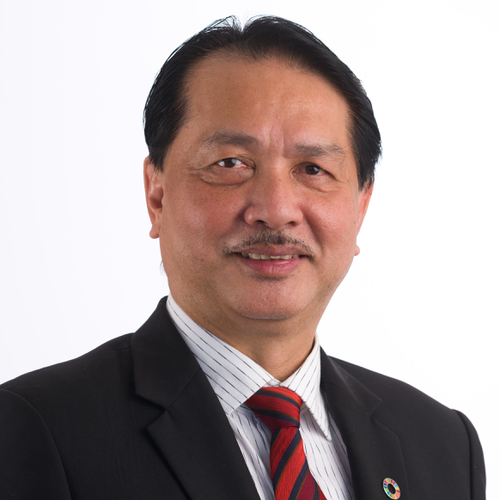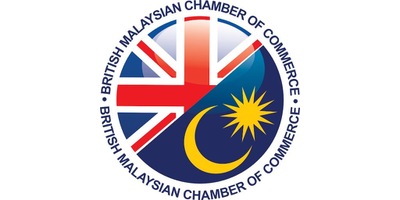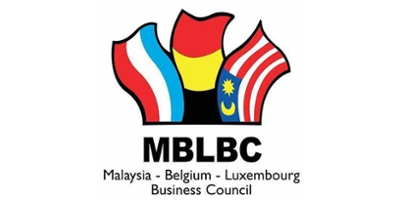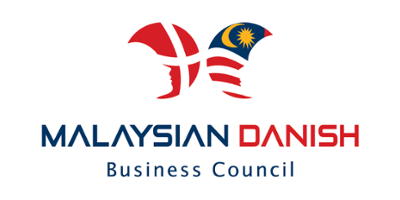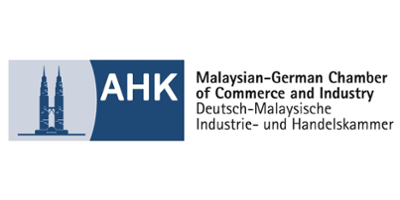The COVID-19 pandemic is the defining global health crisis of our time, and the most significant challenge humanity has faced in recent years. Since its emergence in late 2019 in Wuhan, China, the virus has spread to every continent and spared no country. Malaysia's preparedness and planning began relatively early, with initial plans starting in December 2019, diagnostic reagents procurement in January 2020, and several renovations to hospital facilities done in February 2020.
Malaysia is one of several countries that have successfully flattened the curve, protected the vulnerable and relatively reduced detrimental socio economic aftermath of the pandemic. So far, we have experienced two waves of COVID-19 infection with the second wave still ongoing since 27 February 2020. We are now seeing single-digit new daily cases, with a recovery rate of 97.7% and a fatality rate of 1.39%. Nonetheless, the COVID 19 pandemic will remain a threat until a specific treatment is found, and an effective vaccine is produced.
Malaysia has been implementing strict border controls during the Movement Control Order (MCO), limiting inbound international travel to reduce the risk of possible transmission from entering the country. This measure has allowed us time to optimise our emergency preparedness and health systems capacity. As COVID-19 case numbers in Malaysia is improving, we have started relaxing this non-pharmaceutical intervention (i.e. MCO) and considering removing restrictions on people's movement, including at our international borders.
Director-General of Health, Datuk Dr Noor Hisham Abdullah talks through Malaysia's preparation and its multi-faceted strategies involving a myriad of agencies and NGOs to fight COVID-19 from ground zero.
Speaker


